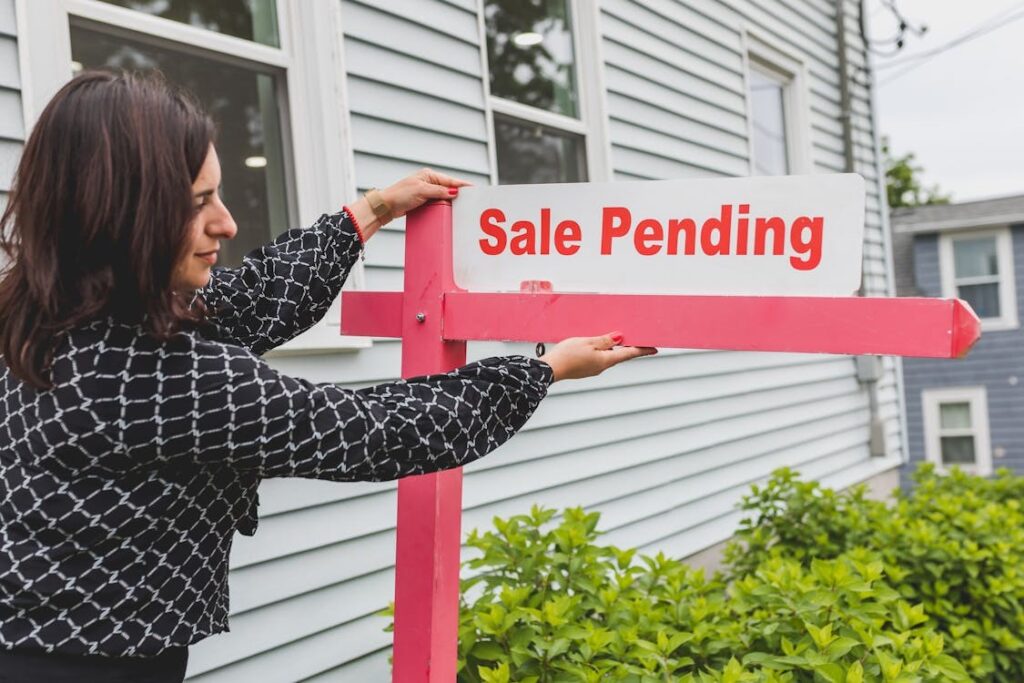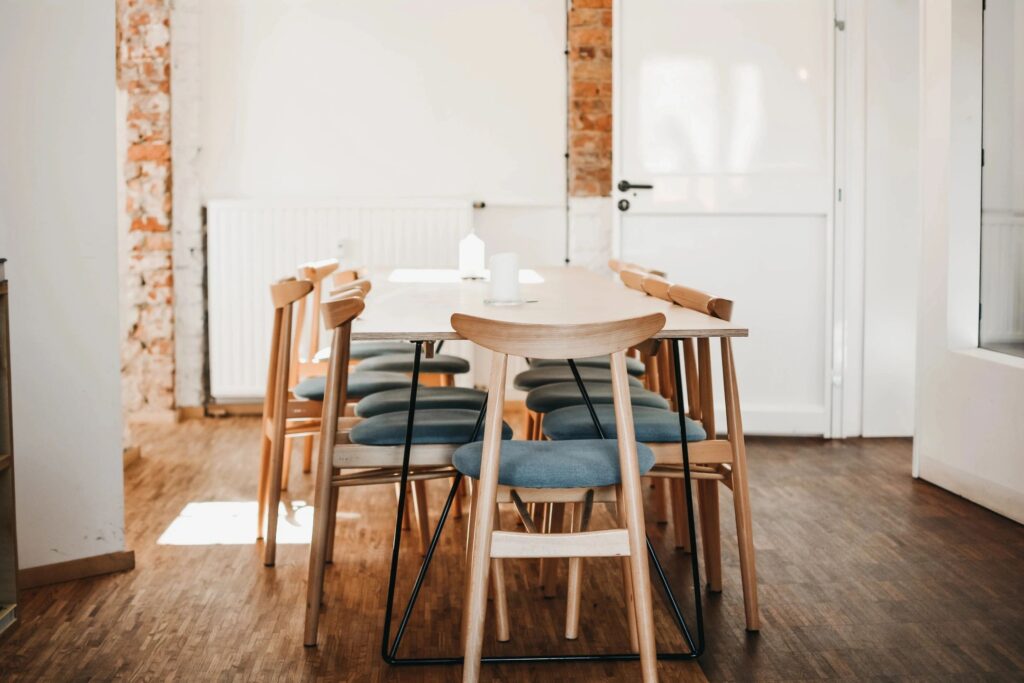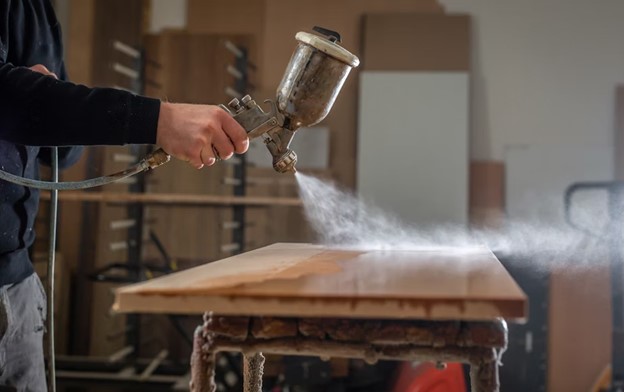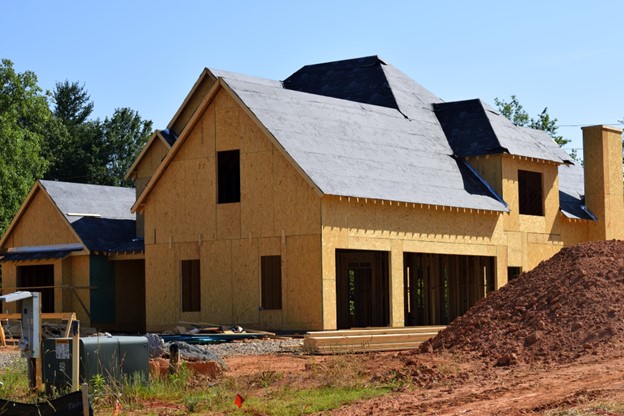My blog focuses on Health/Wellness, Home/Living and Home/Property Discussions. Clutter is an aspect of owning a home and it can decrease your quality of life. The following contributed post is entitled, How To Reduce Clutter In Your Home.
* * *
Clutter in your home is something that you want to stay on top of, especially as you begin to fill your home with belongings. If you have children or multiple members in your household, the amount of clutter you collect is only going to get worse.
With that being said, reducing clutter in your home is something that is possible with the right amount of effort and time dedicated to decluttering your spaces. Here are some helpful tips on how to reduce clutter in your home.

1. Start off small
First and foremost, start off small. If you’re new to decluttering or you’re someone who does it once in a blue moon, you’re going to want to approach decluttering with baby steps.
Starting off small could be simply going through a few drawers or a random closet you’ve not really dived into recently.
By starting off small, you’re going to get more done without getting bored or perhaps being distracted by other things going on around the home. Little efforts to declutter your space is better than trying to do it all at once.
2. Go room-by-room and be detailed
Talking of doing it bit by bit, make sure you’re going room by room when decluttering your home. When you do each room, you want to be detailed, making sure to identify every single object and belonging in that space.
By focusing on individual spaces, you can be more attentive to the room you’re in and do a proper declutter of the entirety of the space. Doing this with every room is going to lead to a more effective decluttering as a result.
3. Establish a daily routine of decluttering
A daily routine is something that you want to establish when it comes to decluttering. It could be something as simple as staying on top of a specific area that’s known for becoming cluttered or returning everything you get out to its rightful place in the home.
A daily routine, like cleaning up after yourself, can make a big difference in how your home looks on a regular basis.
4. Be more conscious of what you purchase for the home
When it comes to decluttering, you want to be mindful of what you are bringing into your home. The more you purchase and bring home, the more clutter you’re ultimately creating.
With that being said, be more conscious of what you purchase for the home and restrict it where possible. Try to throw something out or donate something when you bring a new item home with you. Anything that you don’t want to keep in the home, you could always look at external storage to move it to.
5. Keep things minimal when it comes to furniture and belongings
When it comes to furniture and your belongings, you want to keep things minimal. The more minimalist your spaces are, the better. It’ll lead to less clutter around your home, and you’ll be creating a more relaxed space in general.
Reducing clutter in your home is something that you want to do regularly, so use these tips to help keep on top of it.











